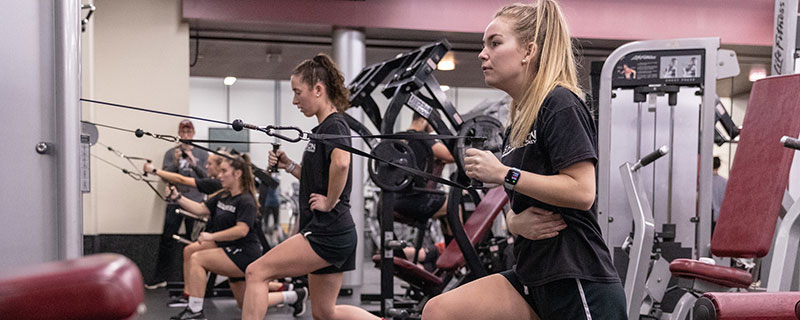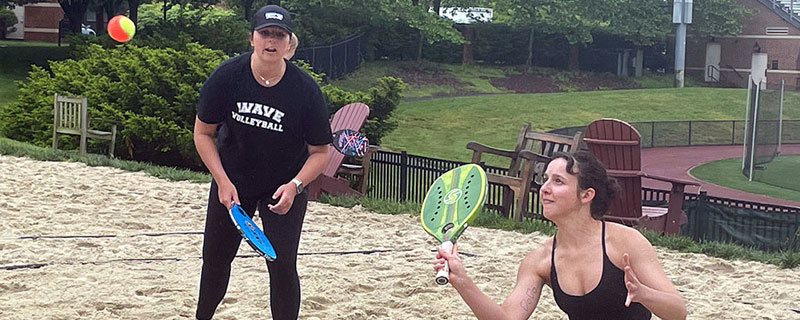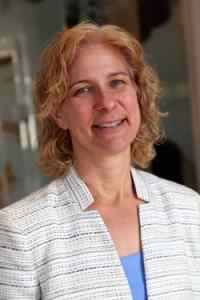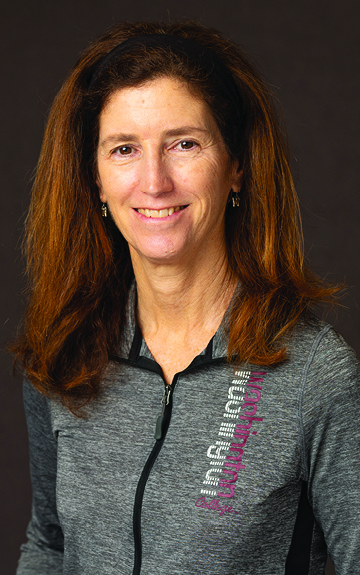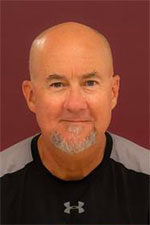Wellness and Personal Development
Students explore health, wellness, and personal growth to support flourishing lives and communities.
Wellness and Personal Development (WPD) courses are designed to develop capacities, knowledge, and carry-over skills in health, wellness, and personal development, with an emphasis on the research and scientific bases of exercise, wellness, and holistic growth.
Discover Yourself
Courses in sports, fitness, and aquatics serve to improve physical and mental health and fitness, develop recreational and leisure-time skills, and facilitate functional body movement.
Theory and Practice
Classes impart theory on knowledge of health and fitness, skills performance, game strategies and rules, sport coaching, nutrition, and sport history as well as offering American Red Cross certification in Advanced Emergency Care, CPR/Lifeguarding Red Cross certification, NASM Personal Trainer certification and PADI certification in Scuba.
Course Descriptions
Find your next WPD course in our online catalog!
Grades and Pass/Fail Options
Most WPD courses are one- or two-credit and are a half-semester in length. A maximum of eight WPD credits may be applied toward graduation, but no more than four credits of practice-only courses can be applied toward graduation. Beyond those limitations there is no limit on how many WPD courses may be taken, or how many credits may be earned. Courses may be taken for grades or on a pass/fail basis.
Students are encouraged to take a variety of credit-bearing WPD classes with the aim of enhancing their overall wellness to complement their other academic learning.
Co-curricular Connections
Academy of Lifelong Learning
Join community members in non-credit courses ranging from botanical drawing and exercise science to health optimization and social resilience.
Career Development
Find internships, meet alumni and community mentors, and get insights into how to leverage personal strengths.
Clubs and Organizations
Experience campus life with peer-led programming from the Adventure Club to Writer's Union.
Health & Wellbeing Programs
Reach your personal goals with Food & Lifestyle resources, wellness retreats, and culinary wellness workshops and programming offered through the Lifelong Learning program.
Wellness Advocacy Coaches
Get heard, validated, and guided by peers to academic and mental health resources.

